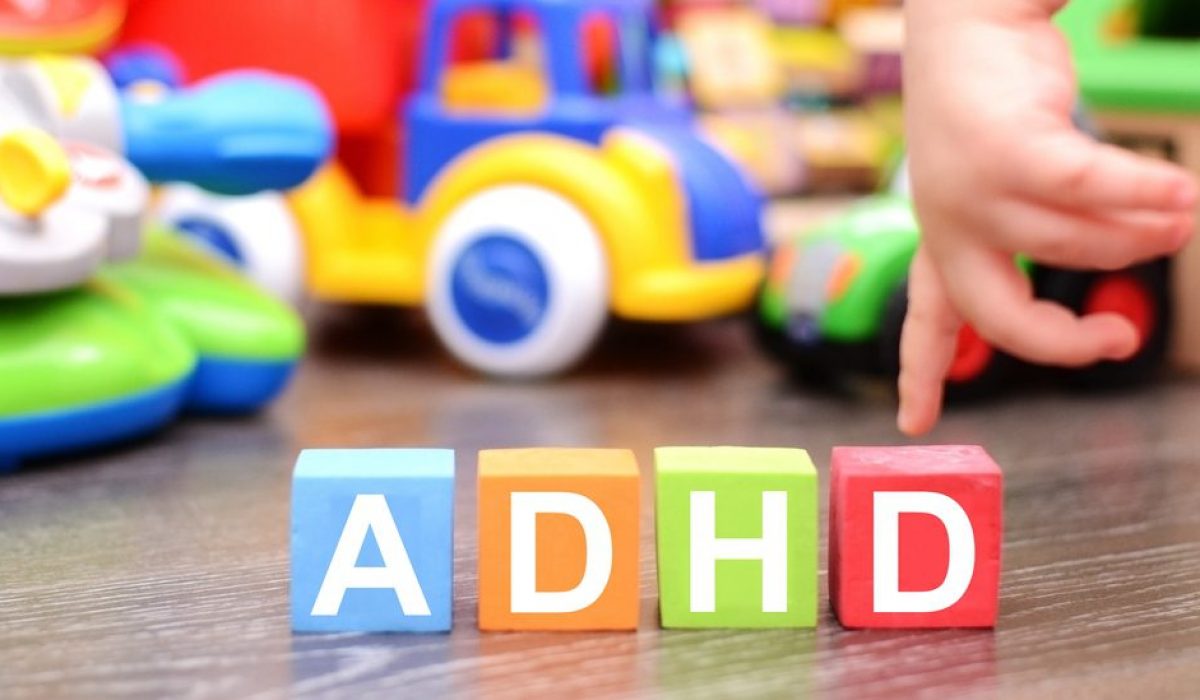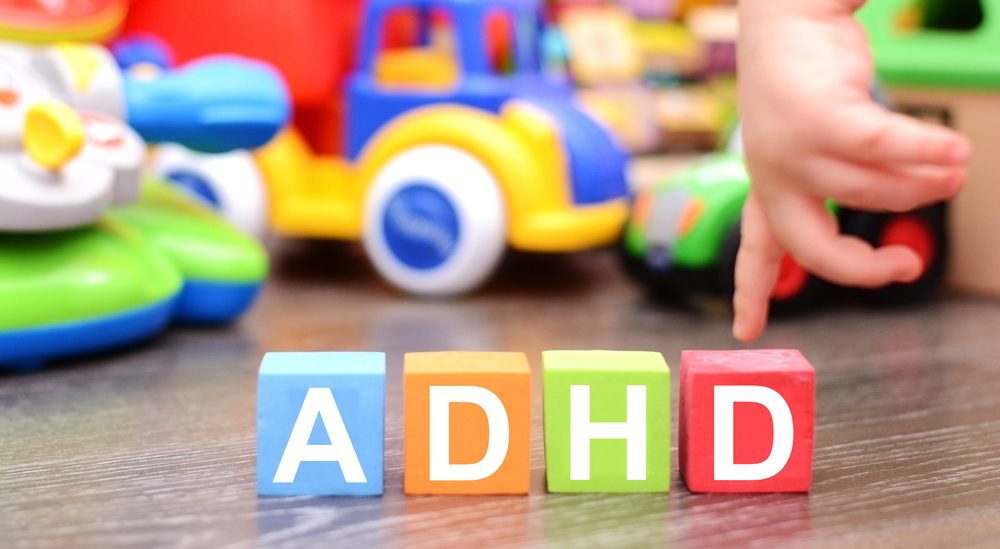Living with Attention-Deficit/Hyperactivity Disorder (ADHD) can present unique challenges, affecting various aspects of life including work, school, relationships, and daily functioning. However, with the right treatment approach, individuals with ADHD can unlock their full potential and thrive. In this article, we’ll explore the diverse paths of ADHD treatment, offering guidance and support to those navigating this journey toward empowerment and success.
Understanding ADHD
ADHD is a neurodevelopmental disorder characterized by symptoms such as inattention, hyperactivity, and impulsivity. While it’s commonly diagnosed in childhood, ADHD can persist into adulthood, affecting people of all ages. Individuals with ADHD may struggle with organization, time management, concentration, and regulating their emotions, which can impact their academic or professional performance and interpersonal relationships.
Tailoring Treatment to Individual Needs
One of the key principles of ADHD treatment is recognizing that each person’s experience with the disorder is unique. Therefore, treatment approaches should be tailored to individual needs, preferences, and circumstances. What works for one person may not work for another, so it’s essential to explore different treatment options and find the approach that best fits your specific situation.
Medication Management
Medication is often a cornerstone of ADHD treatment, particularly for managing core symptoms such as inattention, impulsivity, and hyperactivity. Stimulant medications like methylphenidate (e.g., Ritalin) and amphetamine (e.g., Adderall) are commonly prescribed to help improve focus, attention, and impulse control. Non-stimulant medications such as atomoxetine (Strattera) and guanfacine (Intuniv) may also be prescribed for individuals who don’t respond well to stimulants or have certain contraindications.
Behavioral Therapy
Behavioral therapy is another essential component of ADHD treatment, focusing on teaching individuals practical skills and strategies to manage their symptoms and improve functioning. Cognitive-behavioral therapy (CBT) techniques can help individuals identify and challenge negative thought patterns, improve organizational skills, and develop effective coping mechanisms for dealing with impulsivity and emotional dysregulation.
Lifestyle Modifications
In addition to medication and therapy, lifestyle modifications can play a significant role in managing ADHD symptoms and optimizing overall well-being. Regular exercise, adequate sleep, and a balanced diet rich in omega-3 fatty acids, vitamins, and minerals can help improve focus, mood, and cognitive function. Creating a structured environment, establishing routines, and using organizational tools such as planners or smartphone apps can also help individuals with ADHD stay on track and manage their time effectively.
Supportive Interventions
Supportive interventions such as support groups, coaching, and psychoeducation can provide valuable support and encouragement to individuals with ADHD and their families. Support groups offer a sense of community and understanding, allowing individuals to share experiences, exchange tips, and learn from others facing similar challenges. ADHD coaching focuses on setting goals, developing strategies, and building skills to help individuals overcome obstacles and achieve success in various areas of life.
Conclusion:
Living with ADHD presents its share of challenges, but it’s important to remember that it’s not a limitation—it’s a difference. With the right treatment approach, individuals with ADHD can unlock their potential, harness their strengths, and thrive in all areas of life. By exploring different treatment paths, tailoring interventions to individual needs, and seeking support from qualified professionals and peers, individuals with ADHD can embark on a journey of empowerment, growth, and success.
Whether you’re considering medication, therapy, lifestyle modifications, or supportive interventions, remember that you’re not alone. Through our dedicated services in Raleigh, NC, Reach out to healthcare professionals, ADHD specialists, or support groups to explore your options and find the treatment approach that’s right for you.
Contact us today at Wake Counseling & Mediation to begin your journey toward unlocking your full potential. Our team of experienced therapists and counselors specializes in ADHD treatment and is here to provide the support, guidance, and resources you need to thrive. Don’t let ADHD hold you back any longer—take the first step towards empowerment and success today.


